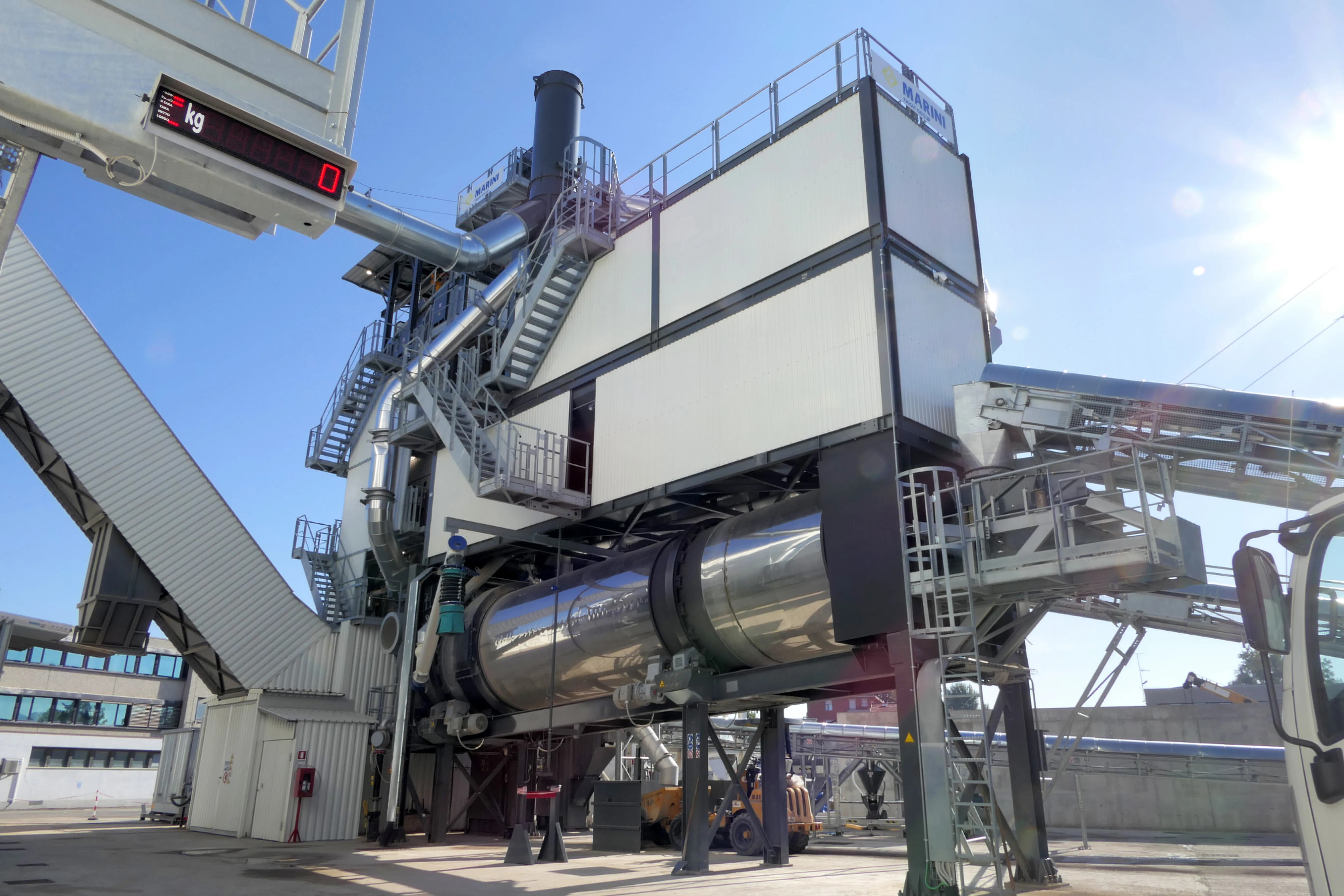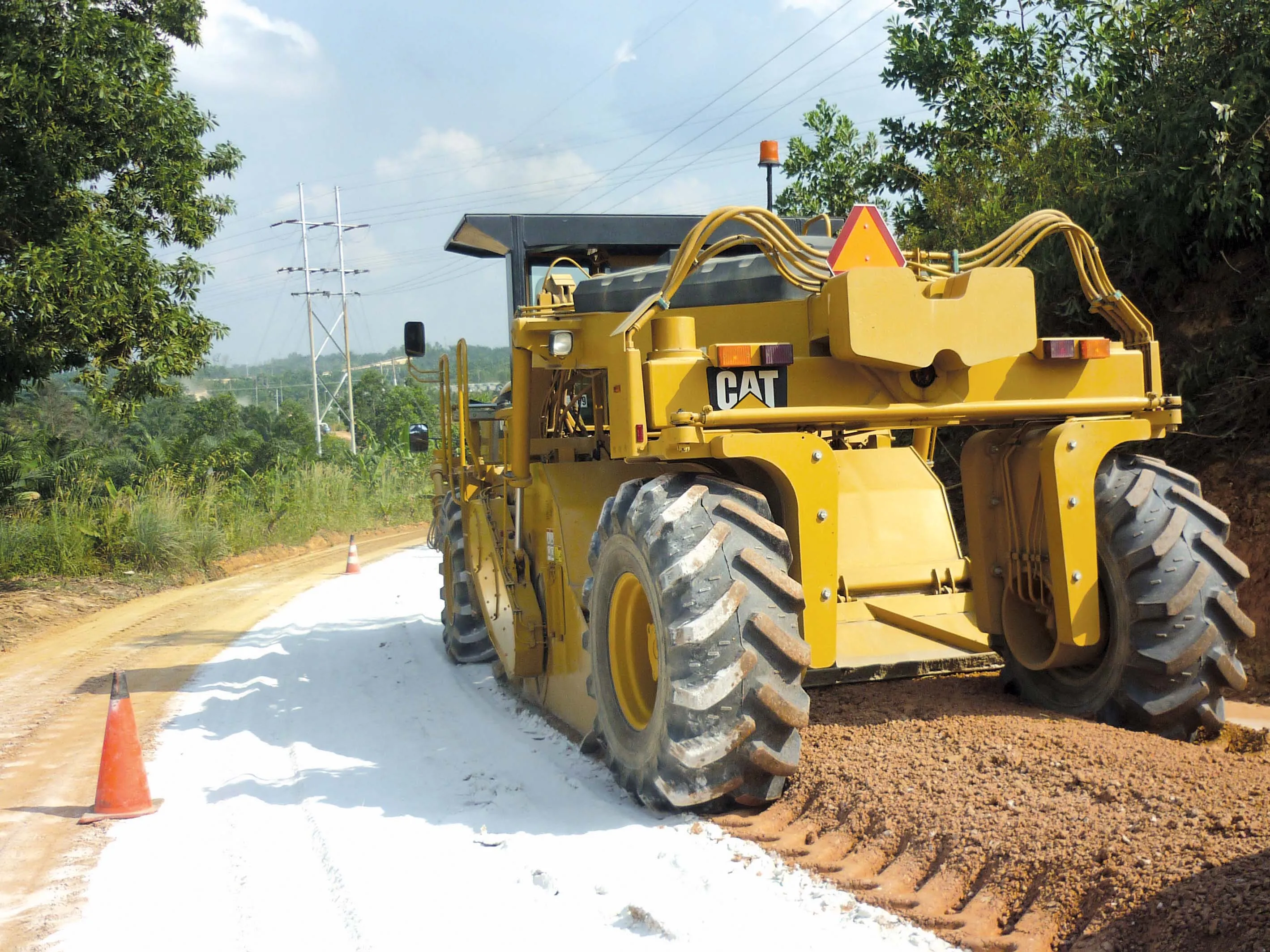Cemex has revealed significant progress in key indicators related to sustainable construction. “We are proud to have reached an alternative fuels substitution rate of close to 25% in our cement operations in 2011, on track to achieve a rate of 35% by 2015,” said Lorenzo Zambrano, chief executive of Cemex. In 2011, Cemex’s rate of alternative-fuel use rose to 24.7% of total fuel mix, a sizable improvement from its rate of 20.3% in 2010. In addition, the company achieved a 22.7% reduction on CO2 net emissions
May 4, 2012
Read time: 1 min
“We are proud to have reached an alternative fuels substitution rate of close to 25% in our cement operations in 2011, on track to achieve a rate of 35% by 2015,” said Lorenzo Zambrano, chief executive of Cemex.
In 2011, Cemex’s rate of alternative-fuel use rose to 24.7% of total fuel mix, a sizable improvement from its rate of 20.3% in 2010.
In addition, the company achieved a 22.7% reduction on CO2 net emissions per tonne of cement produced relative to its 1990 baseline, allowing the avoidance of yearly emissions equivalent to that of 1.3million cars per year.







